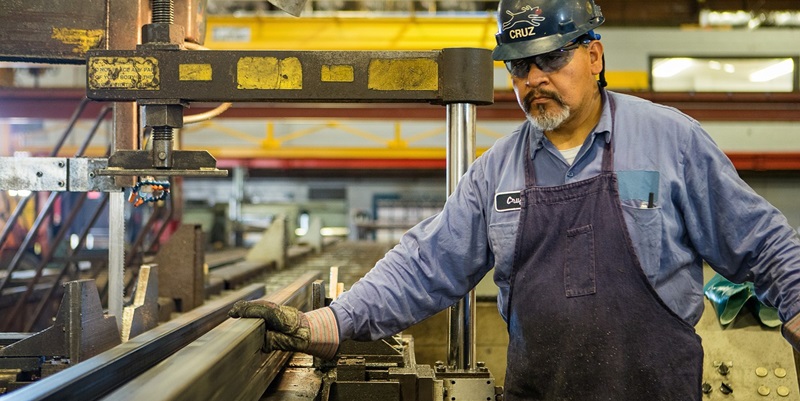The manufacturing sector is on the brink of a revolution, with automation redefining operational protocols. Tasks that once required significant manpower are being transformed by advanced technologies, including Artificial Intelligence (AI), Business Process Automation (BPA), Robotic Process Automation (RPA), and Intelligent Document Processing (IDP). This technological synergy is shifting the industry from being dependent on manual labor to a sophisticated, automation-driven environment. The result is a dramatic increase in efficiency and productivity, as automated systems streamline activities and ensure regulatory adherence with unprecedented precision. This evolution in manufacturing not only enhances output but also reshapes the workforce, demanding new skills and creating opportunities for innovation within the industry. As such, companies are now more than ever looking toward these technologies to maintain a competitive edge in an ever-evolving market.
The Emergence of Automation in Manufacturing
Robotic Process Automation (RPA)
Robotic Process Automation is revolutionizing the manufacturing landscape by taking over mundane, rule-based tasks that were once the province of human labor. By delegating these repetitive tasks to RPA, manufacturers witness a sea change in operational efficiency. Software robots, or ‘bots’, can easily handle tasks such as invoice processing or data entry, freeing up human workers to concentrate on more complex, value-added activities.
The importance of RPA extends to its ability to reduce operating costs by as much as 40%, bolster process control, enhance productivity, and diminish downtime that can be costly. Automating the assembly line is just the beginning; RPA transcends back-office processes, delivering robust solutions to complex logistical operations, which ultimately reflect soundly on the bottom line of a manufacturing enterprise.
Business Process Automation (BPA) Benefits
Business process automation emerges as a strong ally in the relentless pursuit of streamlined manufacturing processes. By implementing BPA solutions, companies are fine-tuning their workflows, reducing the chances of human error, and ensuring higher standards of quality control. The automation of high-volume operational tasks such as scheduling, compliance checks, and procurement proposals constitutes an imperative tool in the strategic armory of manufacturing prowess.
Not exclusively limited to process improvement, BPA’s impact resonates through improved employee satisfaction as it liberates the workforce from monotonous tasks. The redirection of human creativity and judgment toward more strategic functions kindles innovation, driving the manufacturing entity toward a future where resilience and adaptability become inherent qualities of operations.
Automation’s Impact on Efficiency and Productivity
Streamlining Back-Office Operations
The back-office environment is a critical element within the manufacturing cycle that often gets overshadowed by the manufacturing floor’s demands. Yet, efficiency here is equally vital. RPA’s role in transforming back-office functions such as payment processing and reporting is monumental. It ensures that these necessary, yet time-consuming activities, operate smoothly, aligning seamlessly with the pace of production without creating bottlenecks or incurring excess costs.
Moreover, RPA can be deployed rapidly with minimal need for extensive coding, and manufacturers can see improvements quickly. Intelligent Document Processing fortifies this by extracting data from a wide variety of document formats and funneling it into the automation processes where it is needed, effectively bridging gaps between disparate sources of data and ensuring a more integrated operation throughout the enterprise.
Enhancing Supply Chain Management
The dynamics of the supply chain in manufacturing are intricately woven into success or failure. A well-automated supply chain not only minimizes labor but also provides actionable insights to prevent disruptions. RPA is invaluable in managing intricate, data-heavy processes such as inventory tracking, demand forecasting, and supplier communications. Consistent, error-free interactions with vendors and instant updating of inventory levels engender a resilient supply chain capable of adapting to fluctuations in supply and demand with speed and precision.
In culmination, the thrust of manufacturing automation through AI, BPA, RPA, and IDP is much more than a force for current transformation—it lays the groundwork for an increasingly competitive, agile, and future-ready industry. As these technologies continue to evolve, they will propel manufacturing firms to new heights of innovation and operational excellence, underscoring the primacy of automation in the dawn of a new manufacturing age.

